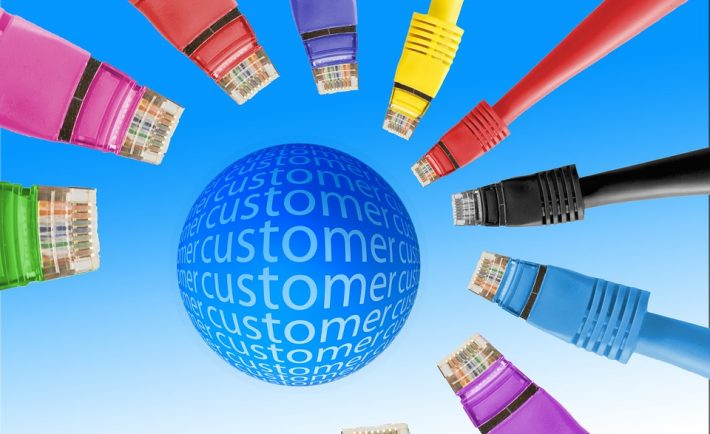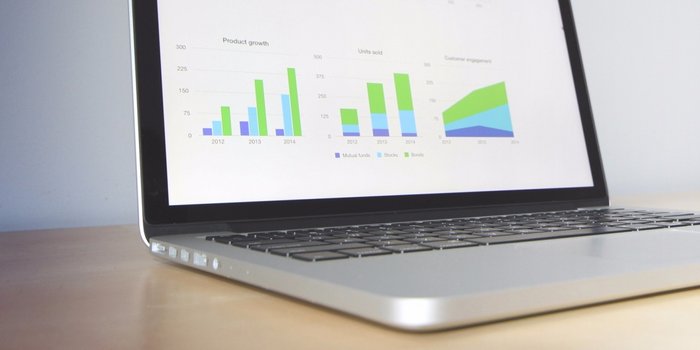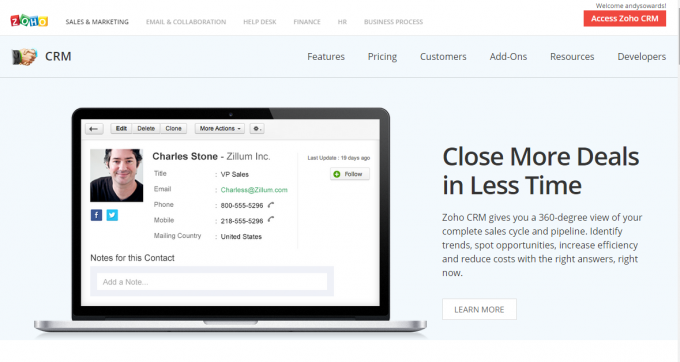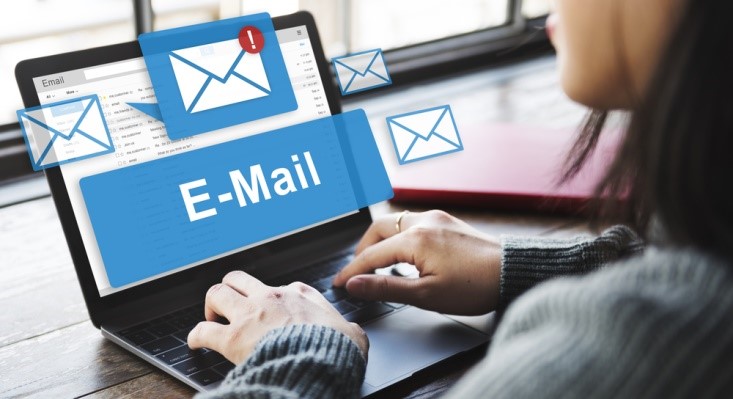
The Customer Relationship Management software makes it possible for a company to leverage the data they collect. The software which focuses on CRM can track the located trends, track the company’s sales, and automate various interactions taking place within an organization. The word going around is that the CRM software is a required investment since every business seems to be utilizing it, but it’s imperative to note that there are merits and demerits of it. If you have always thought of the healthcare CRM as a solution, this guide presents the pros and cons of its implementation within an organization.
The Pros of CRM Software

Niche-Specific CRM: How To Design a CRM Strategy That Meets Your Company’s Needs
1. Integrates Everything in One Place
For customer relationship management to be effective, there is a need for centralization to occur. The data collected in an organization needs to be easily accessible by those who need it. Instead of going through different data point, the CRM allows a person to be on the same page as other people. In turn, this makes it possible for employees within a company to be more efficient and productive since they easily focus on meeting the prospects’ and customers’ needs. If your business is not certain about CRM software’s benefit, you can schedule your demo to get a first-hand experience of how the program works.
2. Scalability Aspect
The survival of an organization is based on the appreciation of the value proposition from its growing customer database. As the number of customers for a particular business increases, it becomes daunting for the company to meet their needs on an individual level since every interaction as a particular time investment to be made. The CRM program is a scalable solution which goes with any budget and will only grow if the business grows. That way, it becomes possible to meet the needs of every person in an effective manner.

How to Properly Analyze Marketing Data
3. Data Mining
The customer data is not the only important thing when it comes to CRM software. There are specific sales reports as well as other analytics which can assist the organization to discover what works best for them. Customer Relationship Management Software makes it possible for people to discover the areas they are making progress, resulting in the creation of a real-time business environment where changes can be made instantly.
4. Remote Access of Data
In the past, to access CRM you had to have the software installed in your assigned machine. To facilitate movement, a laptop with this software will have to be offered by the organization. Today, however, with the Cloud, widely available 4G data, internet saturation, VPN capabilities, and a secure software connection, it is possible to access the software anywhere at any time. As a result, salespeople can now stay in the field for longer, thus helping to increase their conversion rates.

Are You Afraid Of Trusting Software To Run Things For You?
5. Faster Conversion Rates
This aspect is particularly true for companies seeking to offer an online experience. Today, customers will research everything they need to know about a certain company before they can initiate a rapport with them. The CRM software makes it possible for customers to conduct this research before contacting the sales representative. When they contact a sales representative, they have completed 90 percent of the work which is to be done so they can get through the sales funnel.
6. Simplified Marketing and Targeting
Customer Relationship Management software makes different kinds of data available to the management and department heads of business. That way, organizations can target certain consumers with the marketing technique based on their purchasing behaviors. This kind of precise targeting makes it possible for the customers to receive the services and products they desire in a timely manner. Additionally, the data can make it possible for businesses to determine the kinds of offers which customers easily respond to. Allowing your sales team to have this information regarding CRM will assist them to strategically and creatively pitch products to clients, hence increasing sales.

How To Make Every Interaction with Customers Special
7. Better Customer Service
By gathering data which identifies the purchasing habits of customers, including their frequencies and preferences, the CRM software gives organizations a closer look at the wants and needs of their customers. That way, businesses can easily offer better customer service solutions. This increases sales and revenue for the business since the customers are likely to be repeat buyers when they obtain exception service and quality product. Moreover, through the CRM software, the customer service department in an organization had detailed information regarding their customers readily available to facilitate the adaption of approaches according to the needs of the customers.
8. Lowers Overall Daily Costs
Since with CRM software, all the data is centralized, the cost for a business reduces with the increase in productivity. Missing files, lost paperwork, among other time-consumers become a thing of the past with the adaption of CRM. If certain data is lacking in the CRM, it’s because it was never there in the first place.
The Cons of CRM Software

Profits Taken a Nosedive? Here’s How to Boost Profits and Productivity
1. Record Loss
Some Customer Relationship Software utilizes remote Internet Connections to keep customers’ data. The downside of this kind of CRM is that the organization has no control of customers’ details, and in case there is an outage in the CRM system, it will be next to impossible for the business to retrieve the relevant details. If the organization chooses a small Customer Relationship Management program which is unstable, it may imply thousands of dollars in lost income for the business.
2. Overhead
If a business chooses a local Customer Relationship Management software, there will be overhead costs linked to it. If the application is proprietary, the organization will need to pay for professionals such as system administrator, software developers, and maintenance personnel to ensure the efficient running of the software. Keeping backups for the data also adds to the expenses of operating a personalized CRM system.

Just Visiting: Your Business Should be Accessing the Best Information to Improve Sales Conversion
3. Eliminate Human Element
Although CRM applications allow for the automation of processes within a company, there is a loss of human element in the organization, something which essential for creating an excellent business relationship with customers. It’s the same as receiving an automated menu system at the end of the phone rather than the voice of an actual person. When the company loses its human touch, then clients will likely drift away and this will mean a reduction in revenue on the part of the business.
4. Training
If it’s a small business, the issues of training aren’t so much pronounced. Nonetheless, the large companies will be required to roll out training sessions for the workers. For CRM of larger scale, this will mean appointing professional to conduct the training. In many occasions, training deprives the company the time required for enhancing productivity, so this is quite a disadvantage for new CRM applications. Additionally, the CRM training is usually different for the staff and managers because a good number of these applications have specialized features and functions for executive and managers. What’s more, these additional features also require training. It should be known that the training session can be short (take a few hours) or even longer, taking several days.

Can’t Afford a Good Spam Blocker? Here are 4 Free Ones that Work Perfectly
5. Security Issues
Although the CRM application is secure, data which is found in a centralized location is a threat for any company running the CRM solution. What if a resentful employee adds inaccurate data to the system? To avoid this, there need to be encryption safeguards as well as supervision and backup system so as to maintain the integrity of data in the CRM system.
6. Technical Support
There are two options available when it comes to CRM support: to outsource the work to a different person or to hire a specialist within the organization. Many organizations offering CRM solutions will offer support, but this usually comes at a higher rate. Buying the software is just a part of the consideration process and many tend to forget the costs of ongoing support which is associated with the CRM application.

Growing Your Small Business IT on a Budget
7. Staff Resistance
The employee may not realize the immediate benefits that come with a CRM software. As a result, business owners and managers will have to handle instances of resistance from the staff as they try to get the whole team on board. From providing interactive training to offering employees with actual case studies to illustrating the advantages of CRM applications, managers and business owners should demonstrate the application features adequately to the employees so they can understand how it benefits customers and the organization.
8. Third Party Access
There have been various instances of web hosting company taking Customer Relationship Management data and selling it to a different organization. In some cases, sensitive data is obtained with this application and when a third-party provider is chosen, it is expected that they will treat the data with the privacy it deserves. It is imperative to conduct due diligence so as to ensure data doesn’t fall into the wrong hands.
Conclusion
Take some time to consider whether or not the CRM software is suitable for your business. If it is what you need, then you should contact an unbiased and independent software provider to ensure the smooth transition into a different phase of your business growth.




